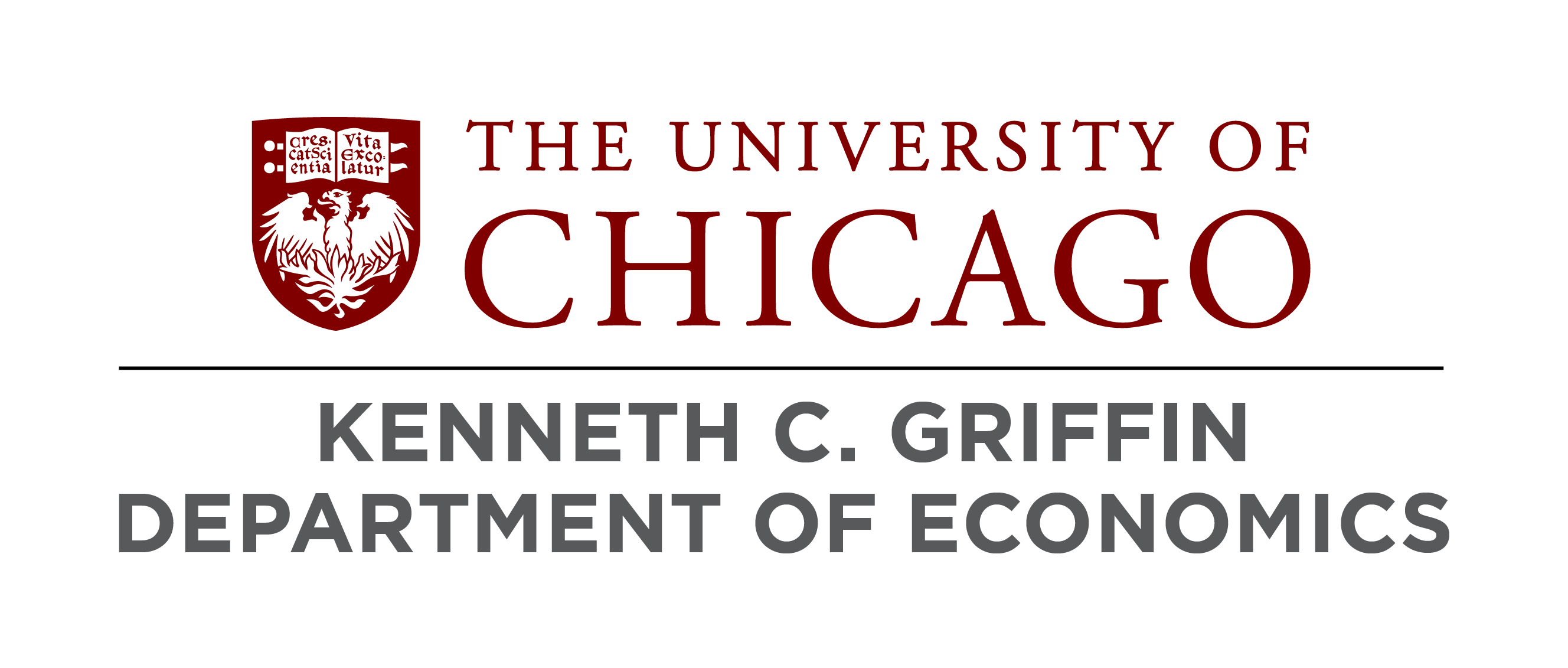HECKMAN STUDY: HIGH-QUALITY EARLY CHILDHOOD EDUCATION PROVIDES SALIENT BENEFITS TO LOW-INCOME CHILDREN AND MOTHERS (2017)
PUBLISHED ON APR 24, 2017
Recent results from a long-term study led by Nobel laureate James J. Heckman demonstrate that high-quality early childhood education programs provide salient, durable benefits to both disadvantaged mothers and their children. Together with Jorge Luis García (University of Chicago), Duncan Ermini Leaf (USC), and María José Prados (USC), Heckman's team followed children from birth to age 35 in two experimental programs, the Carolina Abecedarian Project and the Carolina Approach to Responsive Education. Both programs provided free full-time care to low-income children, most of whom were black and lived with a single mother, while children in the control group stayed home or were placed in lower-quality childcare programs.
By the time the boys in the experimental programs reached age 30, their annual earnings averaged $19,800 more than those in the control group, and they had completed an additional half year of education. Girls in the experimental programs earned on average $2,500 more annually by age 30, and had two additional years of education. These results extended well beyond economic benefits: by their mid-30s, men in the experimental group were 33 percent less likely to be drug users. They also had fewer misdemeanor arrests, and were less likely to have high blood pressure. Persistent benefits extended across generations to the children's mothers, who reported higher earnings during the years their children were in the experimental programs, and even two decades later.
The experimental high-quality ECE programs cost an average of $18,514 per year per student. However, the researchers determined that the programs returned an impressive $7.30 for every dollar spent in societal benefits including lower unemployment and crime rates, and improved health outcomes. Read full New York Times story »
 THE UNIVERSITY OF CHICAGO
THE UNIVERSITY OF CHICAGO

